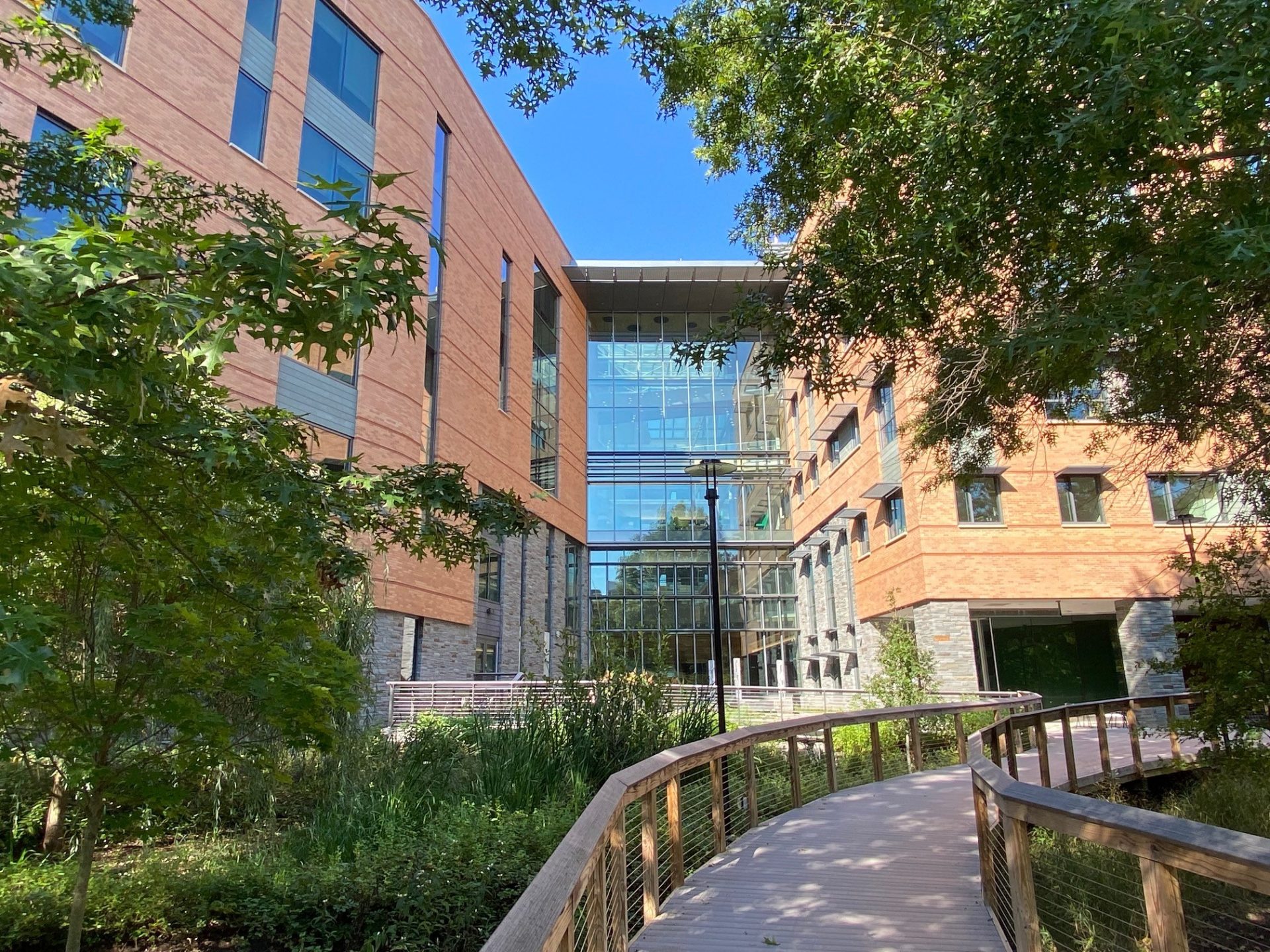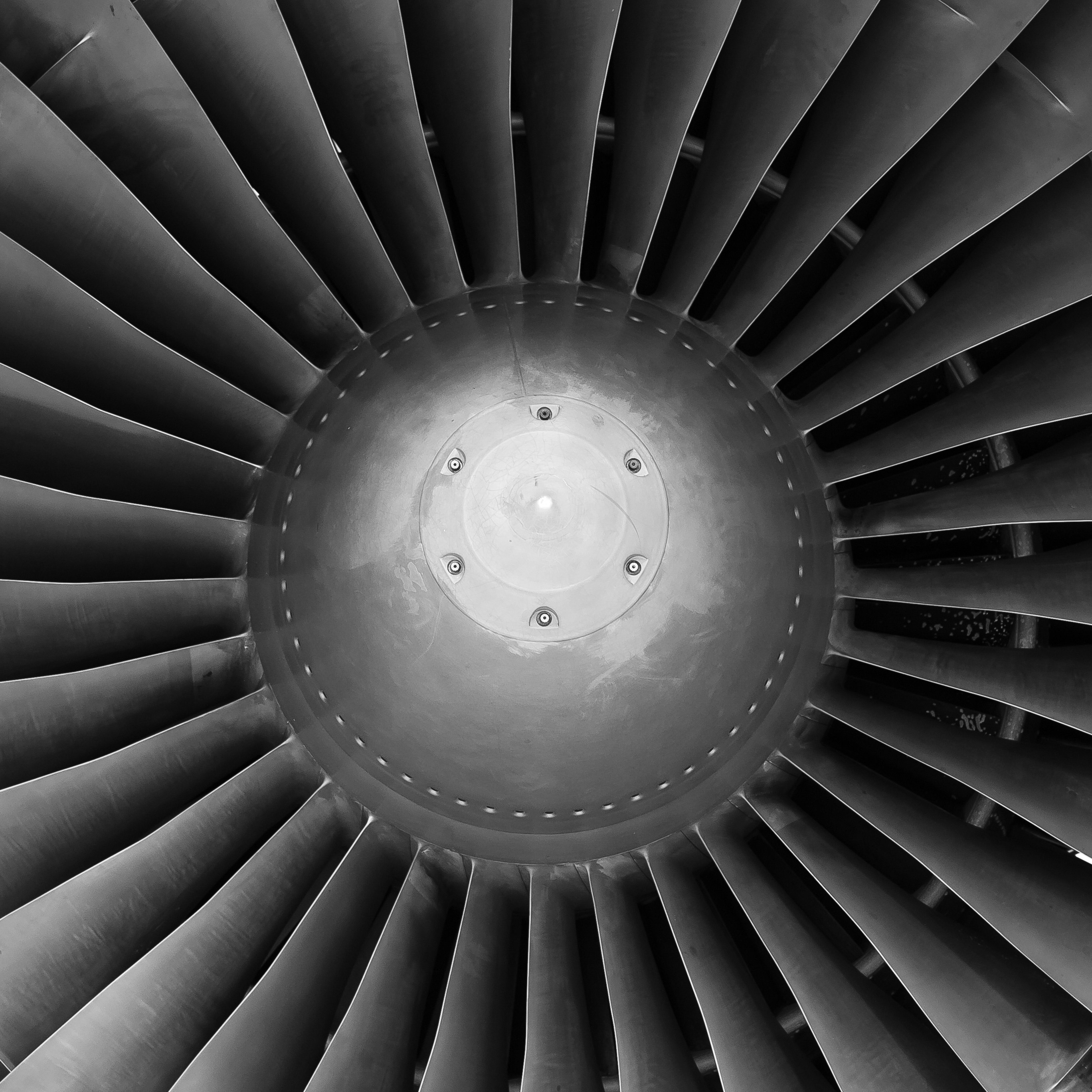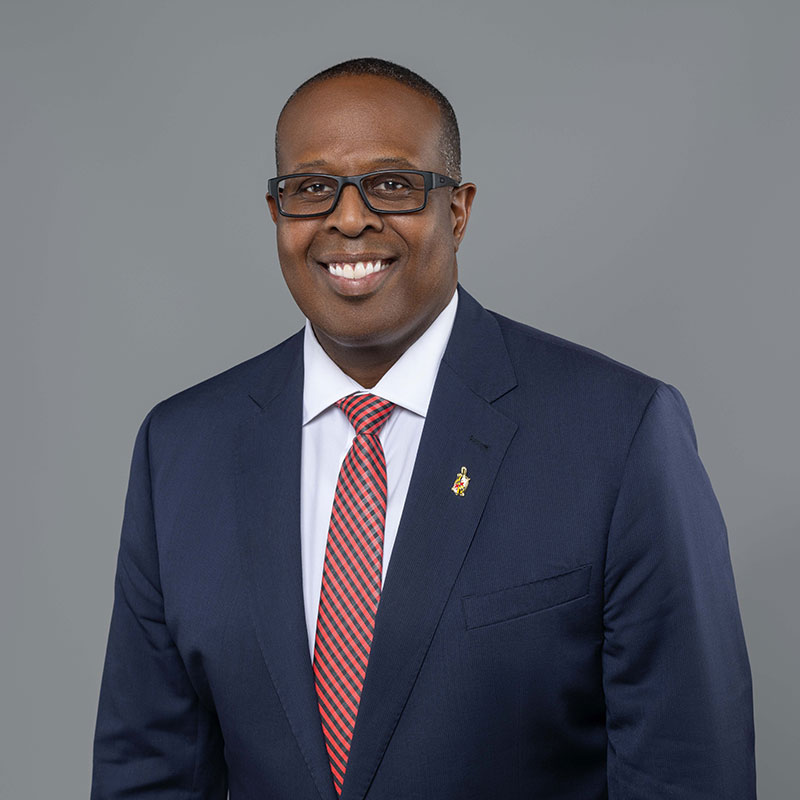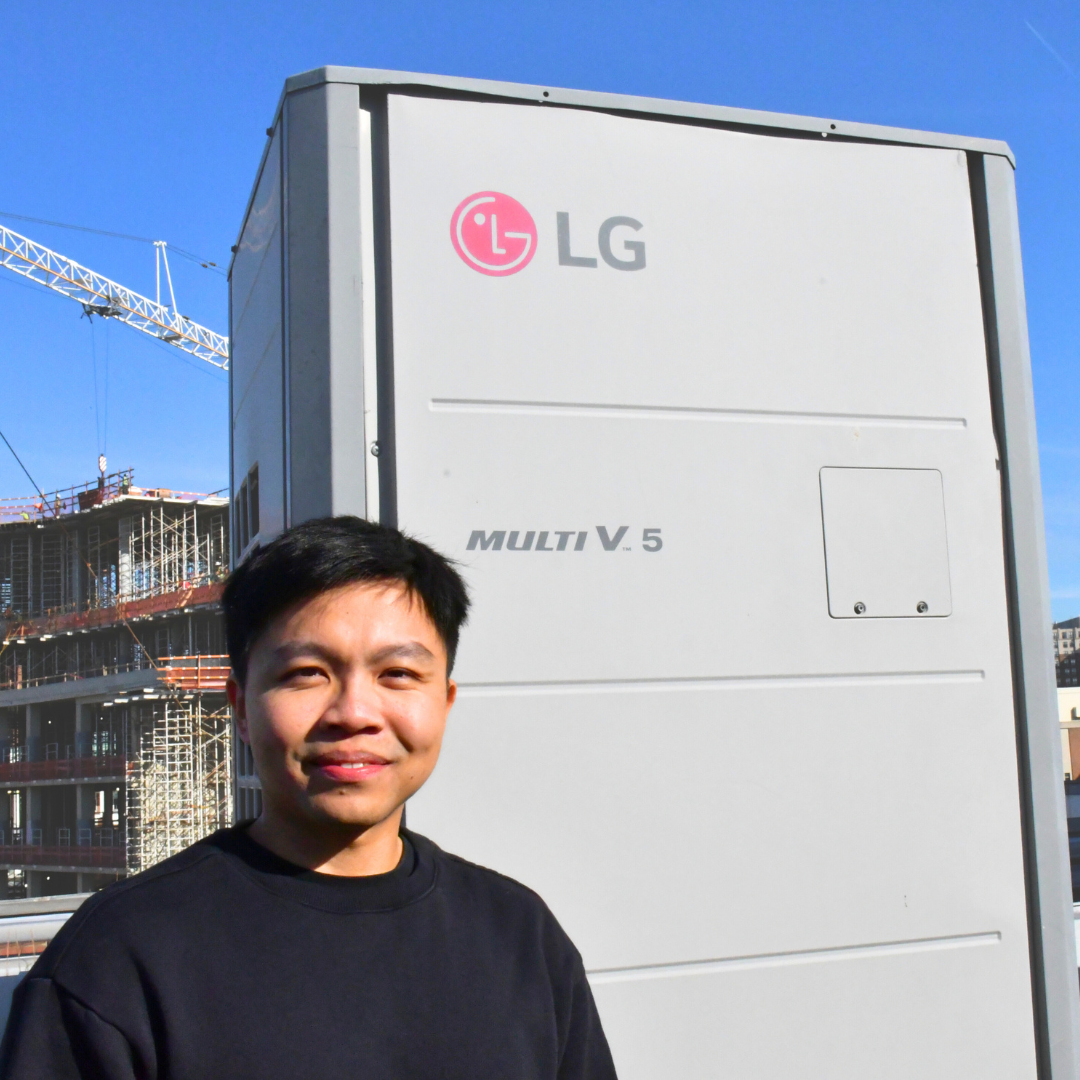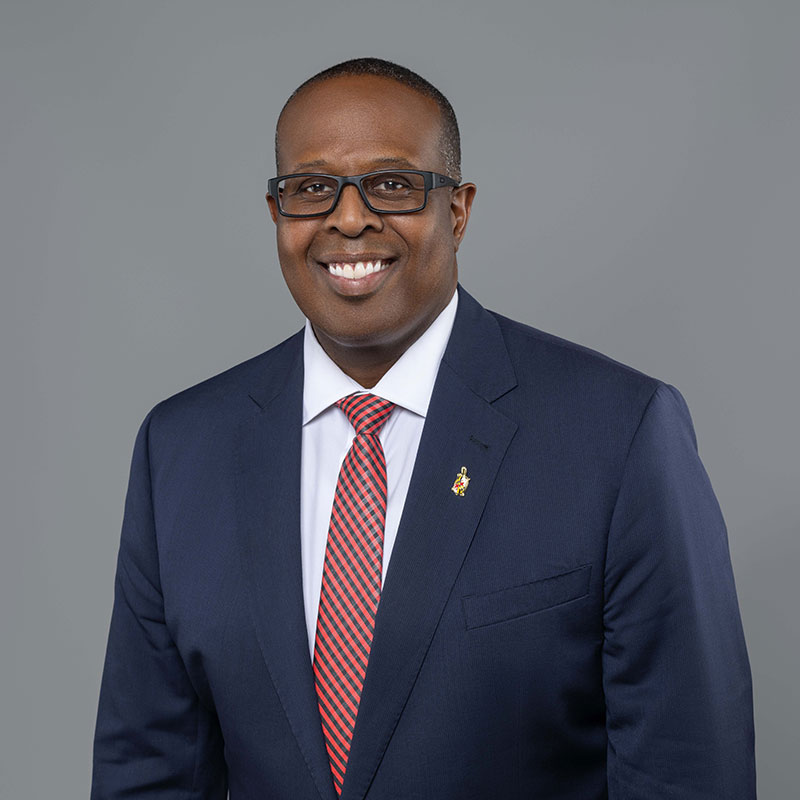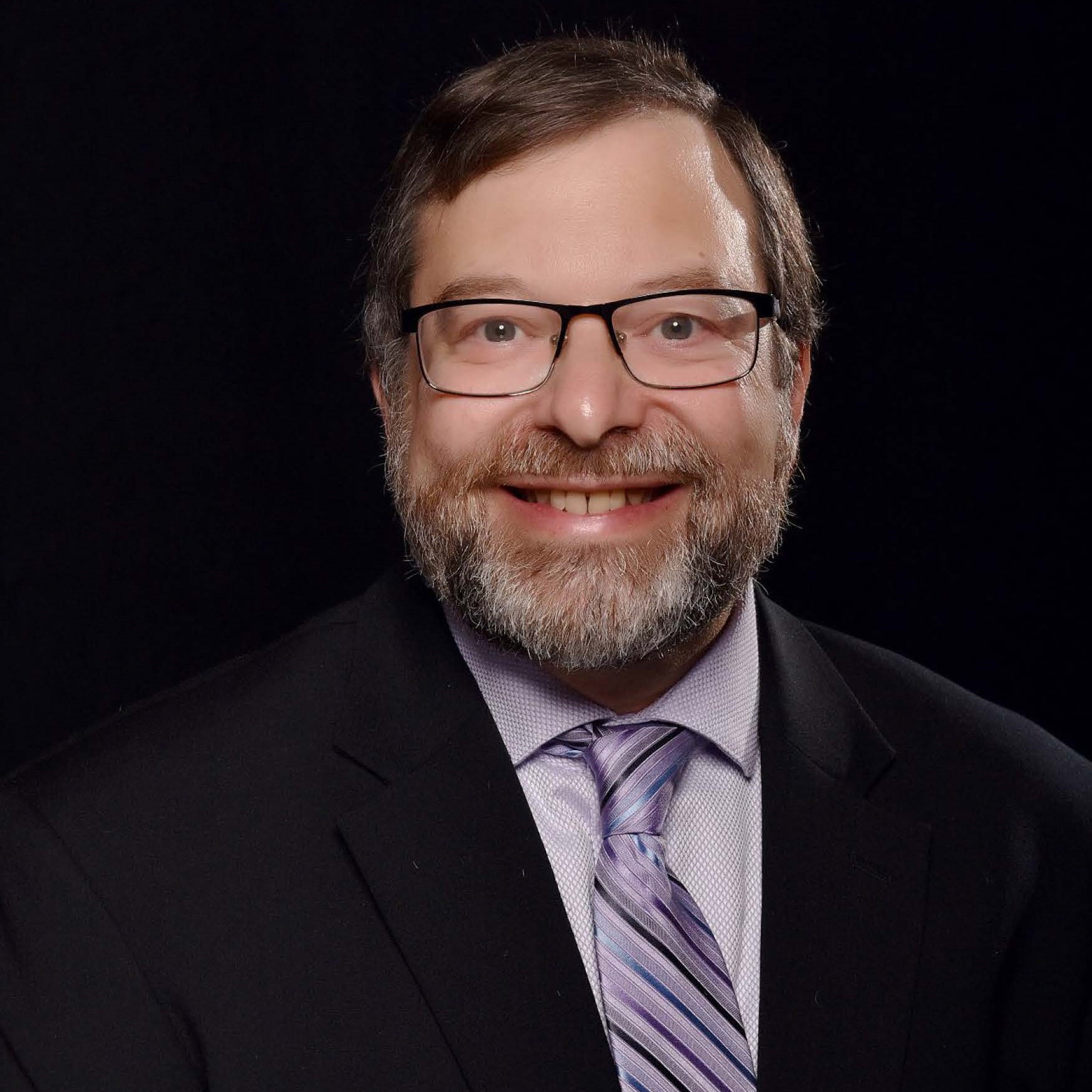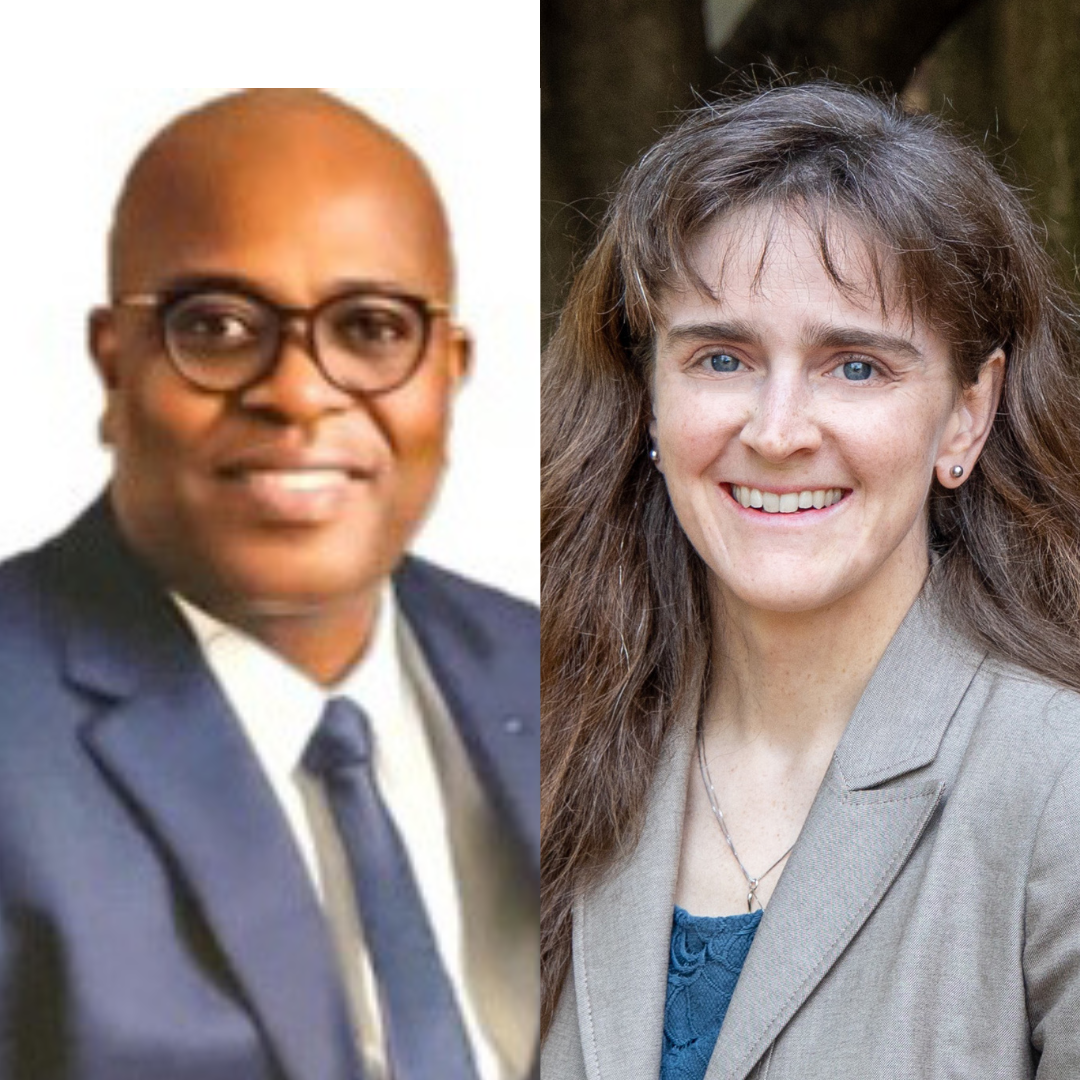News Story
ChBE Welcomes 3 New Faculty
"These hires will allow the department to address some of the critical research areas in chemical and biomolecular engineering today: biomolecular engineering, nanotechnology, and energy."
ChBE Professor and Chair F. Joseph Schork
ChBE Professor and Chair F. Joseph Schork is excited about the faculty’s growth. "These hires will allow the department to address some of the critical research areas in chemical and biomolecular engineering today: biomolecular engineering, nanotechnology, and energy."
Klauda received his Ph.D. in Chemical Engineering from the University of Delaware in 2003. He is currently an Intramural Research Training Award (IRTA) Postdoctoral Fellow at the Laboratory of Computational Biology at the National Heart, Lung and Blood Institute, National Institutes of Health (NIH), where he studies lipid forcefield improvements and dynamical behavior of membranes; transport of sugars through the cell membrane via proteins, and enhanced sampling of beta-haripin protein folding. His research interests include cell membrane biophysics, thermodynamics, and molecular simulations.
Sriram received his Ph.D. in Chemical Engineering from Iowa State University in 2004. He currently holds a postdoctoral position with the Departments of Chemical and Biomolecular Engineering and Human Genetics at the University of California, Los Angeles (UCLA), where he is involved with metabolic investigations of glycerol kinase deficiency, an inherited human disease. His primary research interests are in systems biology and metabolic engineering, including metabolic networks, regulatory networks, and fuel production from biorenewable resources.
Wang, an assistant professor at the Center for Manufacturing Research, part of the Department of Chemical Engineering at Tennessee Technological University, received his Ph.D. in Materials Science and Engineering from Zhejiang University, China, in 1995. His research interests include energy conversion for fuel cells; energy storage systems such as rechargeable batteries, supercapacitors and hydrogen storage; sensors; electrochemistry; and nanostructured materials. Dr. Wang was hired to be a part of the University of Maryland Energy Research Center (UMERC), a multidisciplinary initiative dedicated to advancing the frontiers of energy science and technology, with a special focus on forward-looking approaches for alternative energy generation and storage.
Published August 28, 2007
